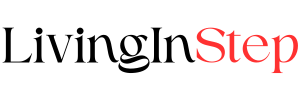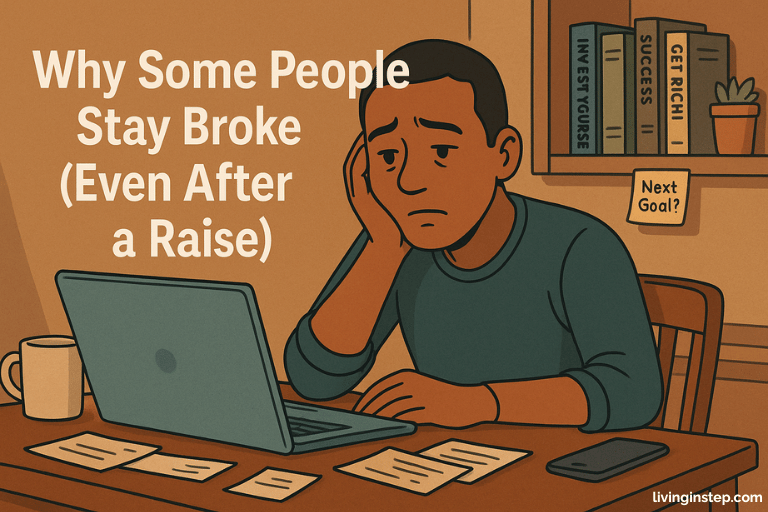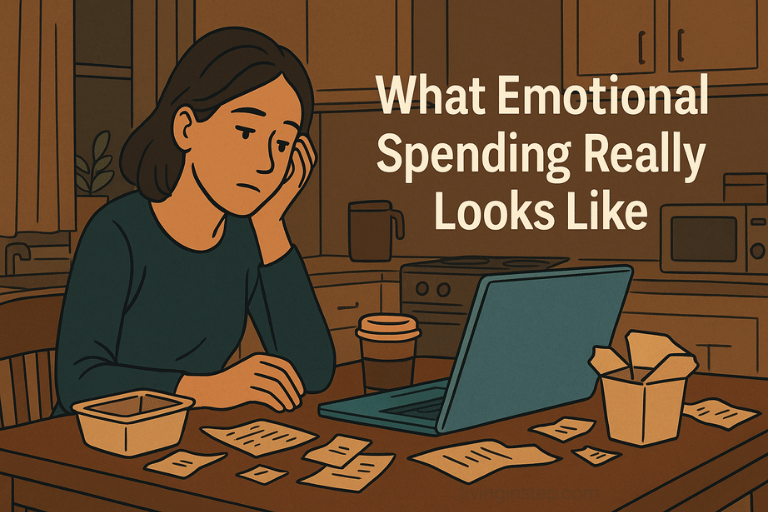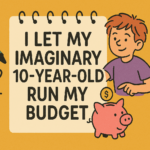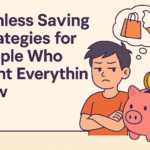The Comfort of “Secure” – Or Is It?
That steady paycheck lands in your bank account like clockwork.
You know your colleagues, your routine, the coffee machine’s quirks.
There’s a certain comfort in that, isn’t there?
A feeling of security. You’ve put in the years, you do good work.
So, you’re safe. Right?
Maybe.
But what if that feeling, as comforting as it is, is more of a warm blanket than a solid foundation?
What if the ground beneath your feet is shifting, ever so slightly, and you haven’t quite noticed?
The Familiarity Trap
It’s easy to equate routine with reliability, and a familiar environment with enduring safety.
We get told, often indirectly, that if you keep your head down and do your job, you’ll be fine. Many of us have built our plans, our lives, around this very idea.
The mortgage, the car payments, the future you’re saving for – it all hinges on that “secure” job.
But here’s a thought that might make you pause: true security rarely comes from external sources alone.
When the Ground Beneath You Shifts
Think about it.
The world doesn’t stand still.
Industries transform.
Technology that was science fiction a decade ago is now everyday reality – and yes, it’s changing jobs, even creating new ones while making others obsolete.
Companies, even the big, seemingly unshakable ones, merge, restructure, or simply change direction.
Suddenly, roles that were “essential” yesterday are “redundant” today.
It’s rarely personal; it’s often just business. But it feels deeply personal when it’s your job, your security, on the line.
Are Your Skills Keeping Pace?
And what about your own growth?
When was the last time you truly learned a new skill that sits outside your current job description?
It’s comfortable to be an expert in your niche, but comfort can sometimes lead to stagnation.
The skills that got you here, the ones that make you feel secure now, might not be the ones you need for where the world is heading next.
Not Fear, But Honest Questions
This isn’t about scaremongering.
It’s not about living in constant fear of the axe falling.
Honestly, who wants that?
It’s about peeling back a layer of assumption. It’s about looking at your “job security” with clear eyes.
That feeling of safety – is it based on the current reality, or on a hope that things will stay as they are?
Many people I talk to feel this unease, this quiet whisper that asks, “What if?”
They see the headlines about layoffs, even in profitable companies. They notice younger colleagues coming in with different skill sets.
They wonder if their loyalty to a company will be reciprocated if tough times hit.
These are valid second thoughts.
The Loyalty We Outgrew
The truth is, the idea of a “job for life” is, for most, a story from a bygone era.
The loyalty we once expected from employers has, in many cases, shifted to a more transactional relationship.
And that’s not necessarily a bad thing, if we acknowledge it. It means we need to shift our own perspective.
Your Real Security is You
So, what does this mean for you?
It means your greatest security doesn’t lie in the name of your employer or the title on your business card.
It lies within you.
It’s in your adaptability, your willingness to keep learning, your courage to ask uncomfortable questions about your own situation, and your understanding that you are responsible for your career path.
It’s about moving from a passive reliance on a “secure job” to an active engagement with your own professional journey.
It’s less about the illusion of unshakeable external safety and more about building your own internal foundation of skills, networks, and awareness.
Beyond the Paycheck’s Comfort
That steady paycheck is good. Necessary, even.
But don’t let its regularity lull you into a false sense of total security.
Instead, let it be a tool, a resource that you actively use to build something even more reliable: your own resilience and capacity to navigate whatever comes next.
Because when you truly understand that, you’re not just hoping for security – you’re actively creating it.
Note: This content is for entertainment purposes only and is not financial advice. Please consult a qualified financial advisor for guidance specific to your situation.
